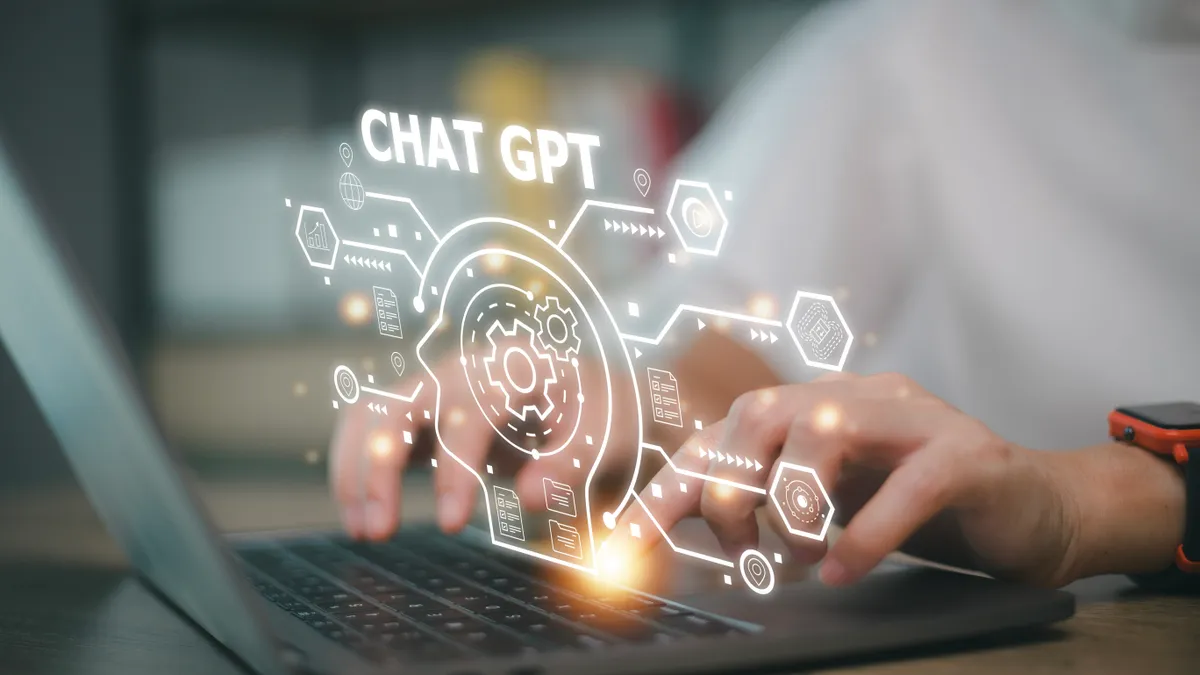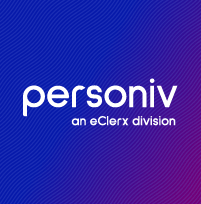Dive Brief:
-
A wide majority of corporate executives expect generative artificial intelligence technology to boost productivity and innovation in the workplace, but some worry about potential negative effects, such as a weaker sense of job security, according to a KPMG survey.
-
Finance was among the top job categories that were expected to be positively impacted by the emerging technology, according to the survey results, released Wednesday. The list also included information technology and software, as well as customer service.
-
“Instead of having financial analysts spend 80% of their time running reports, they can be freed up to help the business make better informed decisions” using AI-generated data, Felicia Lyon, a partner in KPMG’s human capital advisory practice, told CFO Dive.
Dive Insight:
Generative AI refers to technology capable of being “trained” to address complex questions via text or other types of output. It has become a hot topic in Washington, as well as the business world, following the launch of ChatGPT, a popular generative AI tool created by Microsoft-backed OpenAI.
In a case study recently published by the National Bureau of Economic Research, generative AI boosted worker productivity 13.8% at a Fortune 500 company while reducing employee turnover and increasing customer satisfaction.
The White House on Tuesday announced an updated “road map” to focus federal investments in AI research and development, as well as a request for information from its Office of Science and Technology Policy seeking input on national priorities for mitigating AI risks in a broad range of areas, including the economy, national security and civil rights.
Among other questions, OSTP asked: How can the U.S. harness AI to improve the productivity and capabilities of workers, while mitigating any harmful impacts on them?
“By developing a National AI Strategy, the federal government will provide a whole-of-society approach to AI,” the information request said. “The strategy will pay particular attention to recent and projected advances in AI, to make sure that the United States is responsive to the latest opportunities and challenges posed by AI, as well as the global changes that will arrive in the coming years.”
Last week, OpenAI CEO Sam Altman told lawmakers that regulatory intervention by governments will be “critical to mitigate the risks of increasingly powerful models” of generative AI. The hearing marked the first in a series intended to write rules for the technology.
Of those surveyed by KPMG, 72% said that generative AI could play an important role in increasing productivity. Another 62% said it could end up encouraging innovation and help in creating more products and services.
However, the technology also prompted concerns, with 47% of respondents expecting decreased job security, and 41% anticipating reduced opportunities for overall development. Nearly 40% said the technology could reduce interactions among co-workers, leading to antisocial behavior.
KPMG polled 300 global C-suite and senior executives, including 225 U.S.-based respondents, during the last two weeks of March, focusing on businesses with at least $1 billion in revenue.
In the same survey, 65% of respondents said they believe generative AI will have a major impact on their organization in the next three to five years, but nearly the same number (60%) said they’re still a year or two away from implementing the technology due to hurdles such as cost, according to a separate group of findings, released last month.















